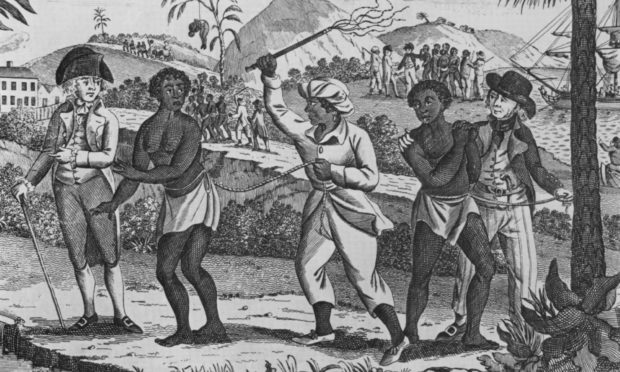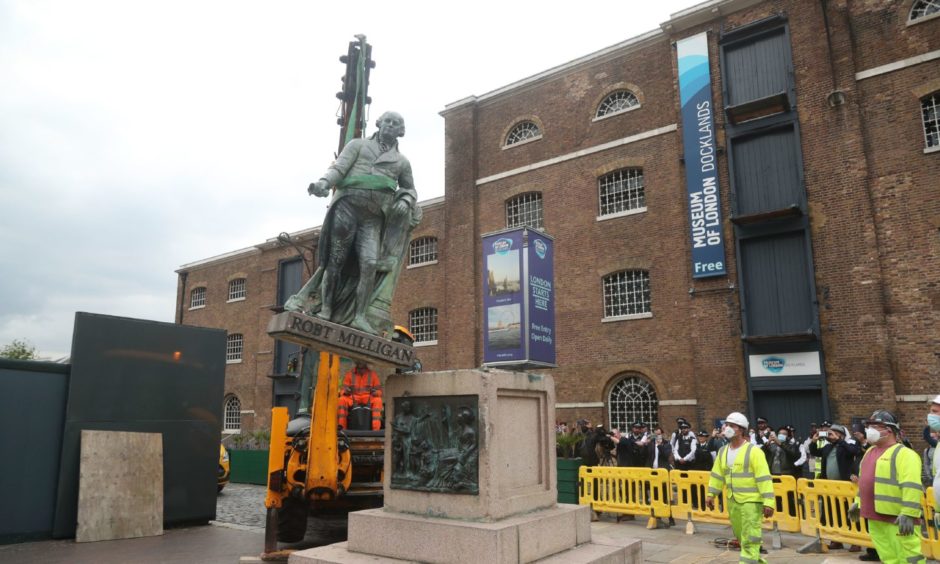A charity regulator says it is up to the trustees of a fund linked to slavery to decide whether the £1.7million fortune should be redirected from the north-east to Jamaica, in the wake of an investigation into its history.
A question mark has been hanging over the next steps for the Dick Bequest – which has been used to train teachers and buy school equipment in Aberdeenshire and Moray for almost two centuries – ever since we revealed the truth about its origins in May.
Research by historians David Alston and Donald Morrison showed that its founder, Forres-born James Dick, made his fortune as a slave trader in the Caribbean.
They called for the £1.7m fund to be returned to Jamaica, but there has been confusion over the legal mechanism for any bid to change the use of the bequest.
The trustees initially said they had “no discretion” on the matter, but the Scottish Government also said it did not have the powers to direct the charity to act.
Ministers asked the Office of the Scottish Charity Regulator (OSCR) to look into it.
An OSCR spokesman has now said: “We have considered this situation and the complexities involved.
“It is for the charity’s trustees to make any decisions as to how the charity develops or changes in the future.”
The Dick Bequest trust is run by 10 governors. Five of them are elected by the Society of Writers to the Signet, two by the senate of Aberdeen University, and three by Aberdeenshire and Moray councils.
A spokeswoman for the Dick Bequest trust said: “The trustees will be meeting later this month to consider matters.”
What are the slave trade links?
The Dick Bequest was established following the death in 1828 of Mr Dick, who left almost £120,000 for educational development in Aberdeenshire, Banff and Moray.
It continues to distribute grants to help teachers in the area develop their skills through travel or study, and also supports the purchase of school equipment.
The historians found that Mr Dick had a business partnership with Robert Milligan, whose statue was removed last year by the Museum of London from its plinth in London’s Docklands.
They were said to have been “slave factors”, who bought enslaved people from ships, and sold them to local enslavers or “re-exported” them to markets in other colonies.
Aberdeenshire Council has already distanced itself from the fund, while Moray councillors will consider their involvement at a meeting on Wednesday.
Aberdeen University, meanwhile, vowed to “acknowledge” its place in the legacy of the Dick Bequest.
Robert Pirrie, chief executive of the Society of Writers to the Signet, said the society had “no power or authority over the Dick Bequest’s purposes, assets or decision-making”.
However, he confirmed it was also “considering the situation”.


